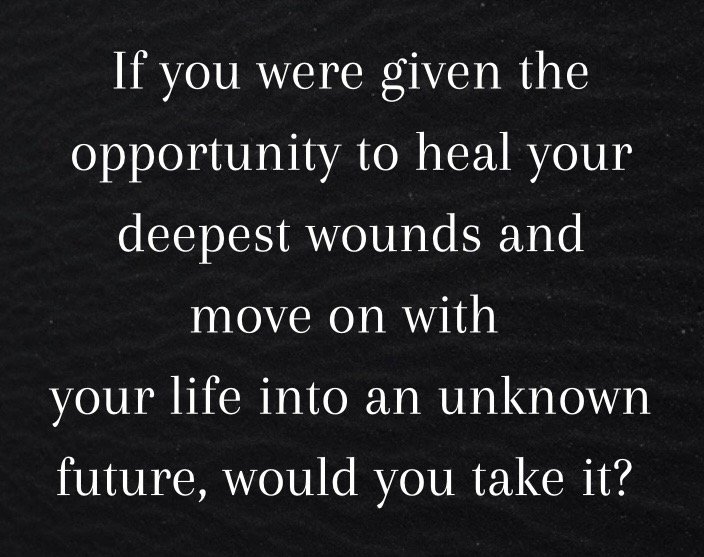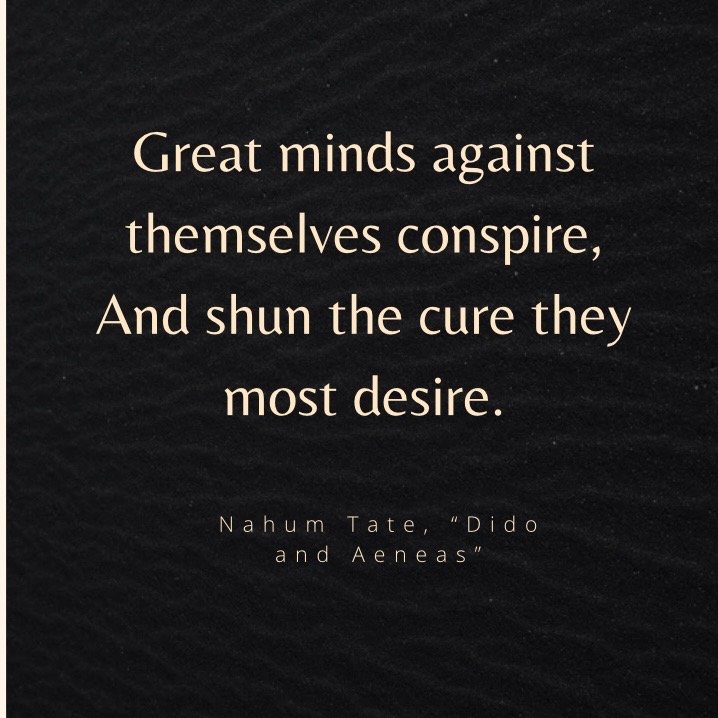What is your dark prison? (on Toshio Hosokawa's Hanjo)
/If you were given the opportunity to heal your deepest wounds and move on with your life into an unknown future, would you take it?
Most people will chose to live in the dark prison of their own making, rather than to risk the uncertainty of change to be fully free. It takes immense courage to dive into the abyss of the unknown(sometimes called “Trust”, or “Faith'“), and something most of us will ultimately be unwilling to do. (And that’s OK, by the way! Suffering is part of the human experience. But so is choice, something we don’t always realize as much.)
We can kick and scream, and fight the things that hold us in, but eventually, in a fight to survive, we get used to it, and after a while find comfort in its habituation, even revel in our own resilience to survive amidst horrific limitations. Time passes and those oppressors from outside us move on, only to find home in ourselves. Left alone without an outside force to oppress us, it is then that we become our own oppressors, wanting to recreate our own sense of comfort and predictability. It is the comfort, then, or habituation, that is our worst enemy to healing. Comfort feels like home, even though it’s not necessarily good, or even sane. What is your dark prison? What are the oppressors you have taken on for yourself that you would be better to let go of(tension, judgement, intollerance, hatred?), but feel too familiar to let go of?
The traps we lay for ourselves, even if we learned the parameters from others, are stronger than anything anyone else can lay for us, and much harder to get out of, as we often can’t even see it. The way out is through beginning to see the cages we create for ourself by widening our perspective with humility (but not self pity), observing, cultivating self awareness, and understanding we have a choice of how to live through honoring our yes’s and our no’s.
Thoughts on the specific plot of Hanjo, the opera by Toshio Hosokawa, (based on the Mishima play, based on the Noh play):
The opera starts with the dancer/ scene maker marking out a box on the floor with chalk, with only a small opening in the back open. Perhaps this is the only space of opportunity to change. The entire drama exists within this box, just like each of our own existences.
Jitsuko has never been loved by anyone, even when she was a child. The idea of being loved is so radical, it’s too far outside of her own dark prison. Everything she does is based on tension and manipulation; that’s all she knows from her experience. And yet, we all somehow strive to find the happiness we can imagine, even within a realm of impossibility. And so she seeks the simple reality of not having to be alone, but through the only means she can imagine within her own dark prison: holding another captive who is madly in love with someone other than herself. She secretly hopes perhaps someday Hanako will chose to stay on her own accord. But of course, this is beyond her wildest dreams, and she is deathly afraid that anyone (specifically Yoshio)will break her fragile scheme.
Hanako is a former geisha who has created her own reality of waiting for the person who exchanged fans with her as a pledge (Yoshio) that they should meet again. The reality of existing in the world while waiting was too much, so she created another smaller safer insular world for herself, while she waited, causing others to call her “mad.”
Jitsuko falls in love with her and her madness, buys out her contract and takes her to live with her in Tokyo.
When Yoshio finally comes to find Hanako and take her away, it’s a moment of opportunity for Hanako to release her dark prison and heal, and of course Jitsuko’s worst nightmare. But, what would happen now? Yoshio took three full years to come back, and who knows what that world would bring? All change has uncertainty. Uncertainty is scary. It feels safer to exist in the prison of one’s own making, and the comfort of living with something predictable. So Hanako stays. Jitsuko and Hanako both are victors, winning the privilege of living in the comfort of their own madness, not so dissimilar from our own.










